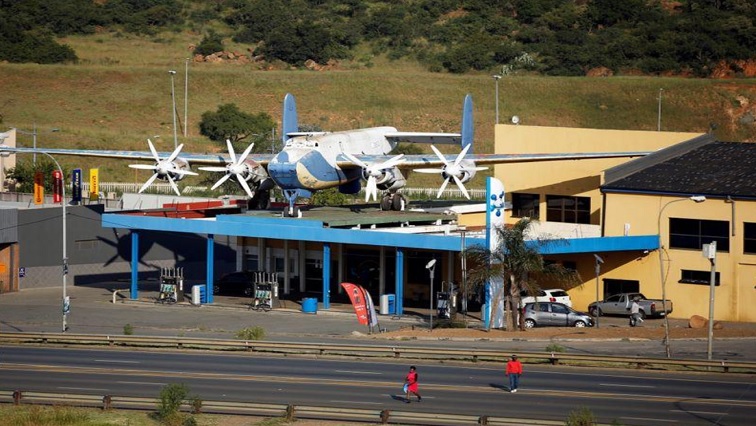Petrochemical giant Sasol says it’s ready to meet government’s new fuel specifications but only in 2030. The Department of Mineral Resources and Energy published regulations for refineries to cut sulphur content diesel by end of September 2023. Most local fuel refiners are unhappy with the proposed plan, citing the high cost of upgrading their facilities and tight deadlines.
Governments around the world are embracing new environmentally-friendly technologies to produce energy. The South African Petroleum Industry Association (SAPIA), which represents oil majors, says while it welcomes the initiative, the deadline for the transition will be difficult to achieve.
“What is of concern from our side is the timeline given to implement this change otherwise we support the move to tighten fuel specifications,” says Executive Director of SAPIA Avhapfani Tshifularo.
Some fuel refineries are unlikely to upgrade refineries to cut emissions unless the government allows them to pass the costs on to consumers or offers support. Sasol says it’s ready to invest in the new infrastructure to lower the carbon footprint. But more time will be needed.
“We are fully cognisant of this reality and as such our strategy is built on a dual approach. One, preserve shareholder value from our current business while we decarbonise and transition to lower carbon feedstock’s, thus ensuring our existing assets are future-proofed,” says Sasol CEO Fleetwood Grobler.
With this change, SAPIA says many of the country’s oil refineries will need to upgrade their infrastructure to meet the department’s standards and regulations. And, the main concern is the potential of job losses these regulations will have on the sector. That’s with most refineries likely to convert their facilities to be used as storage for imported fuel.
“It will mean that the current refining fleet will need to be upgraded in order to meet government’s specifications,” Tshifularo added.
South Africa is already losing its fuel refining capacity build over many years.
The country currently imports a large portion of refined fuel from abroad. There are concerns that the tight deadlines will see oil refineries left with no choice but to import all of their refined fuel by 2023.
According to the Organisation of the Petroleum Exporting Countries, world oil demand in the third quarter of this year has been resilient.






